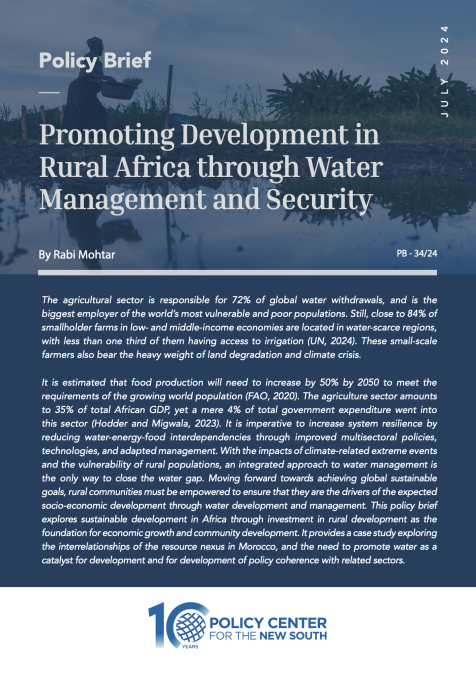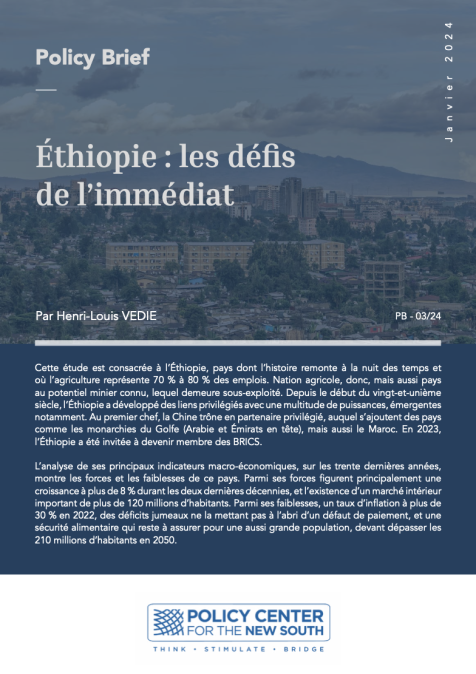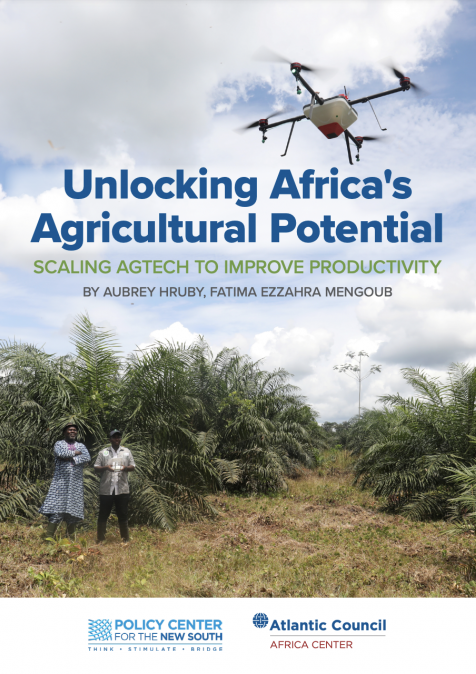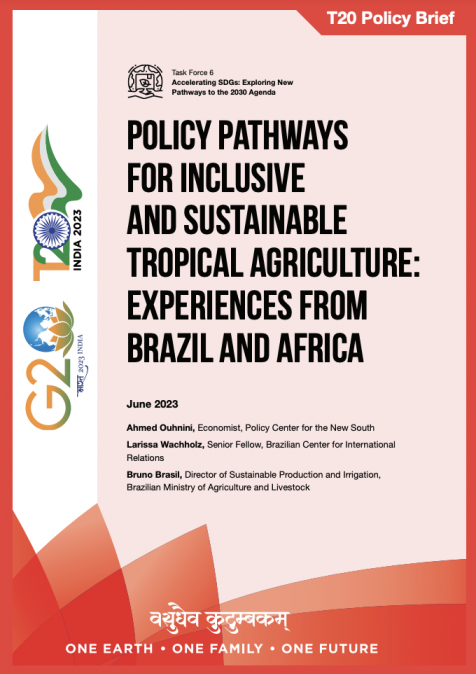Moderator: John Yearwood, Executive Board Chairman, International Press Institute - Omar Amadou Jallow, Minister of Agriculture, The Gambia - Gordon Conway, Professor, International Development, Imperial College London - Adriana Mesquita Corrêa Bueno, Coordinator, Technical Cooperation Coordination, Secretariat of International Affairs, Embrapa - Peter Rogers, Gordon McKay Professor, Environmental Engineering, Harvard John A. Paulson School of Engineering and Applied Sciences
Speakers

John Yearwood
President and CEO, Yearwood Media Group
An award-winning multimedia journalist, John Yearwood is President and CEO of Yearwood Media Group, a global consulting and content creation firm. In his role as President/CEO of Yearwood Media, he advises companies seeking to do business in emerging markets, with a particular focus on Africa and Asia. In 2019, he was appointed honorary chair of the the National Association of Black Journalists annual convention, which convened 4,100 black journalists in Miami. He sits on several boards, including the Austria-based International Press Institute, where he is the former chairman. Former world editor of the Miami Herald. The World Desk won numerous awards under his leadership, including two McClatchy Company President’s Awards and the Arthur Ross Award for best coverage of Latin ...

Gordon Conway
...

Prof. Peter Rogers
Gordon McKay Professor of Environmental Engineering
Prof Peter Rogers Prof. Rogers is Gordon McKay Professor of Environmental Engineering and Professor of City Planning in the Division of Engineering and Applied Sciences at Harvard University. He is a member of the Technical Advisory Committee of the Global Water Partnership, recipient of Guggenheim and Twentieth Century Fellowships. His research interests include: the consequences of population on natural resources development ; conflict resolution in international river basins ; improved methods for managing natural resources and the environment, with emphasis on the use of analytic optimizing methods to incorporate both the natural phenomena and the engineering controls ; the impacts of global change on water resources, and the development of indices of environmental quality ...









